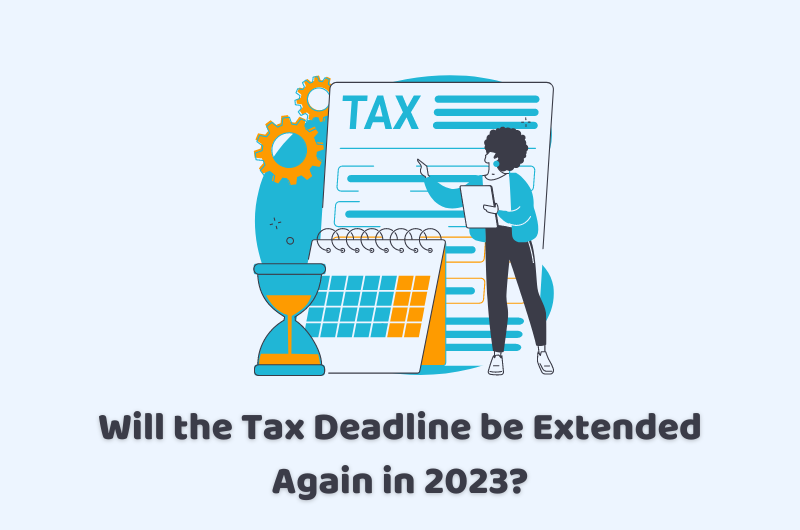
16/03/2023tax , Tax Issues , Tax News and Tips , Tax Saving Tips , Taxation
Many of you must have heard about the tax dates have been revised and extended by the government in the UK. The deadlines for self-assessment tax returns are also one of them. Also, we can not deny the fact that we all are mutually finding ways that are legal to avoid tax payments or to pay the less amount in the tax bill. So we expect the government and HMRC to spare a little more time to manage our tax affairs efficiently in this regard. This has made people wonder whether the extended tax deadlines are actually granted in the tax year 2023 or not. Moreover, the individuals who still have some due tax bills must want to know immediately. We have covered everything that you need to know about tax deadlines in this article, let us get delve further into the discussion to know better.
Reach out to one of our professionals to get to know about will the tax deadline be extended again in 2023. Get in touch and you will be provided instant professional help!
When is the Tax Deadline Usually?
When you’re a beginner in the world of tax implications, you are in immediate need of a quick overview of the basics of self-assessment tax return deadlines. The two prominent tax deadlines that are imperative for beginners to be conscious of are explained in the following:
- The first important deadline is to get registered for self-assessment and the delaine is the 5th of October in a given tax year. In the case you are experiencing the self-assessment tax returns for the very first time, you are in need to inform HMRC that you have been earning untaxed income in the past.
- The second prominent and essential deadline is the delaine for self-assessment, the date of 31st of January in the following year of the tax year that you want to deal with. For example, if you aim to pay the tax return for the tax year 2022 – 2023, you will have to do it before the delaine which is 31st of January 2024. This deadline was extended in the year 2022 which is why people are now wondering if this might have been repeated in the year 2023 as well.
Why was the Tax Deadline Extended in 2022?
As you must know already that HMRC tends to go generous enough earlier in the tax year and waived off all the late filing penalties and fines of the tax year 2021-2022. So that people can actually clear their tax records and submit the relevant payments. Normally the taxpayers get the late filing penalty if they have done the process online before the 28th of February. Or if they have asked for setting up a time to pay in the month of April or so. This makes us question why the tax deadlines were exactly extended. This actually happened back in the years right after the pandemic to spare people from the stress of tax penalties and let them clear their records with a free mind.
So Will the Tax Deadline be Extended Again?
According to the experts, there are no chances of getting the extended tax deadlines again in the tax year 2023. If you look into the past history, you will realise that HMRC normally does not go into the leverage with the tax deadlines. So if you are the individual who has to pay the tax for the previous tax year and have earned some untaxed income in that duration, you must get in touch with HMRC immediately and inform them about your scenarios and save yourself from the fines and tax penalties.
Who will have to File a Tax Return in 2023?
Many of you must be wondering whether you are required to file the self-assessment tax returns again in the year 2023. Well if you have earned any untaxed income during the period of the 6th of April 2021 and the 6th of April 2022, you will have to do it immediately. The reason for getting the untaxed income can possibly be one of the following:
- You are on the way to claiming the pension tax relief
- You have earned profit after selling assets like your main house
- You have received the capital gains after an investment
- You are in the role of a landlord
- You are wearing through a side gig that is other than your main job earning
- You are an individual who is self-employed
The Bottom Line
Now that you have gathered a fair amount of information about what are the extended tax deadlines in the UK for the new tax year, we can bring the discussion towards wrapping up. There is an expectation of revised deadlines in the tax year 2023, however, nothing of this sort has happened again. So it is better to be prepared for the tax payments according to the old deadlines to be on the safer side.
Get in touch with our young, clever, and tech-driven professionals if you want to choose the best guide for extended tax deadlines in the UK.
Disclaimer: The general information provided in this blog about tax deadlines in the UK includes text and graphics. It does not intend to disregard any of the professional advice in the future as well.
